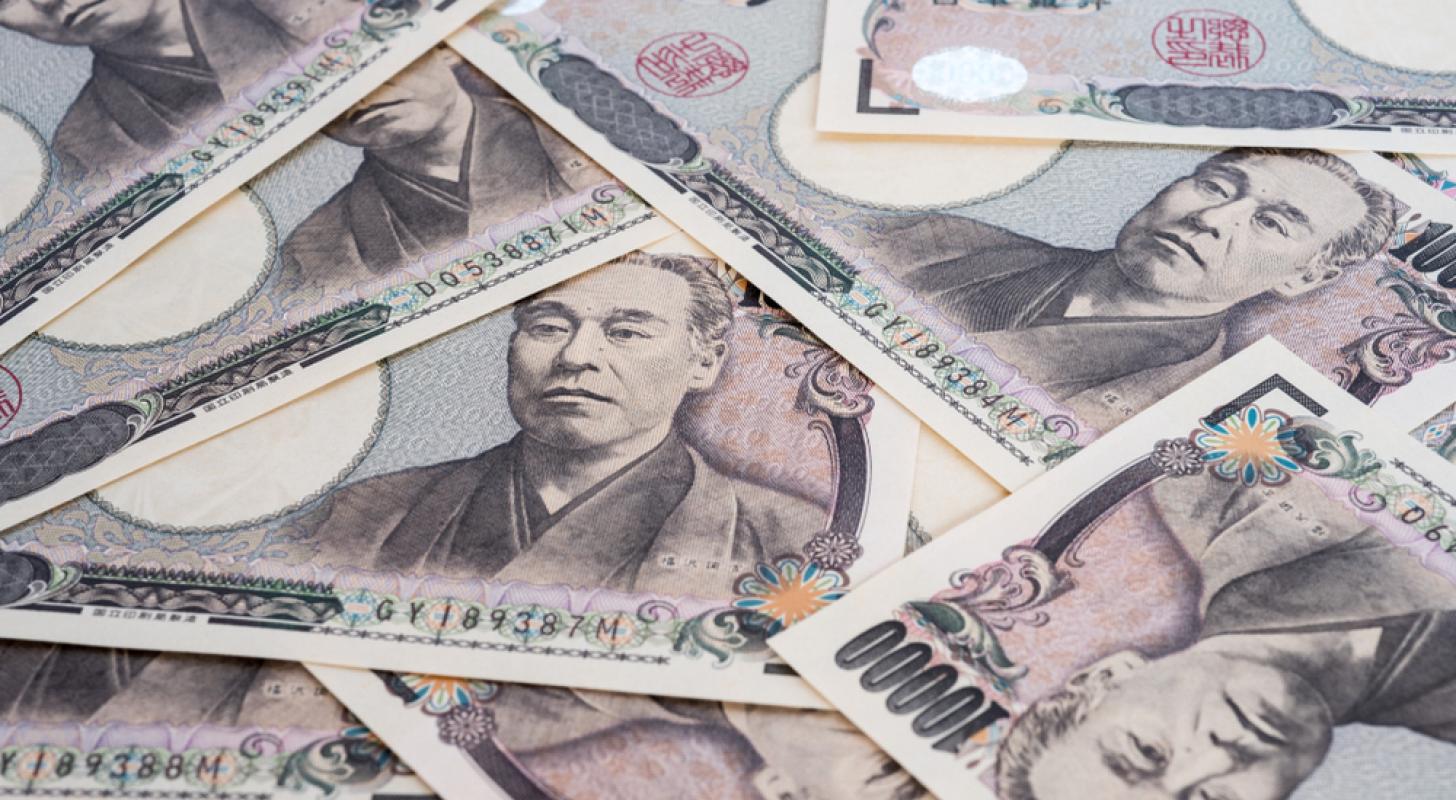
That iShares China Large Cap ETF FXI was traded another 1.7% lower on Friday, in line with the headlines COVID-19 lockdowns in Beijing overshadowed China’s easing of reserve requirements for banks.
What happened? Large areas of Beijing were reportedly in a seven-day lockdown on Friday after the city reported more than 1,800 new COVID-19 infections on Thursday. Nationwide, China reported more than 32,000 new infections, a new daily high.
Chinese stocks have been battered throughout the year as China has continued aggressive COVID-19 lockdowns while the rest of the global economy has reopened.
The lockdown news overshadowed an announcement by the People’s Bank of China on Friday that it was cutting the reserve requirement ratio (RRR) for Chinese banks by 0.25%, freeing up an additional $70 billion for banks to boost the country’s sluggish economy .
Why it matters: Bank of America economist Helen Qiao said Friday the RRR reduction is positive, but the China bull case is all about COVID-19 at this point.
“Without allowing people to resume normal lifestyles, additional fiscal stimulus and monetary easing will provide very little impetus for demand recovery,” Qiao said.
Related link: US accuses more than a dozen Chinese agents of multiple acts of espionage: What you need to know
She said investors should follow the Central Economic Work Conference and the Politburo Standing Committee meeting in December for a glimpse of China’s economic policy prospects in 2023.
Here’s how several top Chinese stocks reacted to the news in a holiday-shortened session on Friday:
- JD.Com Inc JD fell by 5.3%.
- Trip.com Group Ltd TCOM fell by 4.2%.
- Alibaba Group Holding Ltd – ADR BABA fell by 3.8%.
- Baidu Inc BIDU fell by 3.7%.
- Nio Inc – ADR NEVER fell by 3.6%.
Gasoline Gas Take: China’s so-called zero-COVID was an utter economic disaster for one of the world’s largest and fastest-growing pre-pandemic economies.
It will be very difficult for China to…
[ad_2]
Source story

